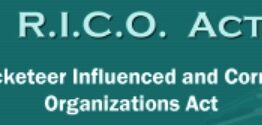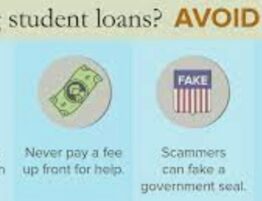
A bank account can be frozen because a creditor has a judgment against you. However, a bank account can be frozen for other reasons.
Problem one: What if you paid money to an individual or business, and then you learn their bank account was “frozen” because the bank “thinks” there was some kind of fraud involved. Here, your funds can get tied up while you TRY to get the bank to release the funds. The bank where the money went refuses to send the funds back to the original bank account where the funds came from UNLESS the funding bank provides a “hold harmless” letter. The funding bank is not going to want to write that letter, so you have a genuine problem. The other bank tells you they are going to surrender your funds which will “escheat to the state.” So what do you do?
Problem two: You transfer funds from one bank to another and you control both accounts. The new account gets frozen by the bank. The bank reports that there is a suspected fraud which you know is not true. You can’t get the bank to release the funds. You can’t get the bank to tell you HOW to get the funds released. So what do you do?
Ideally, you should communicate (ideally in writing via a lawyer) your position on why the funds have nothing to do with fraud. The bank may still refuse to release the funds. This could include TRYING to get a bank to write a hold harmless letter, which they could refuse to do.
In some situations you might need to LITIGATE against the bank in order to get the funds released.
Regarding the escheatment process: All states require financial institutions, including brokerage firms, to report when personal property has been abandoned or unclaimed after a period of time specified by state law — often five years. Before an account can be considered abandoned or unclaimed, the firm must make a diligent effort to try to locate the account owner. If the firm is unable to do so, and the account has remained inactive for the period of time specified by state law, the firm must report the account to the state where the account is held. The state then claims the account through a process called “escheatment,” whereby the state becomes the owner of the account.
As part of the escheatment process, the state will hold the account as a bookkeeping entry, against which the former account owner may make a claim. States tend to sell the securities in escheated accounts and treat the proceeds as state funds. When a former account owner makes a valid request, however, the states will normally provide the former owner with cash equaling the value of the account at the time of escheatment. This amount of cash does not include any dividends or interest covering the time after escheatment.
There are several websites, including commercial ones, where you can search for unclaimed property. States have their own requirements for finding and claiming unclaimed property. If you believe you have unclaimed property, the state will require you to send them information about yourself to verify your ownership of the unclaimed property. After verifying your ownership, the state will either mail you a claim form or permit you to fill out the form online and print it for submission to the state.
CLICK HERE for information regarding books published by Attorney Ronald Cook.
CLICK HERE if your bank account is frozen due to a judgment creditor and you’re considering bankruptcy.








